Comprehensive Guide to BVI Trusts
September 10, 2024The British Virgin Islands (BVI) is a well-known jurisdiction for trust formation, offering a flexible and established legal framework. A BVI trust is managed by a Trustee, who can be either an individual or a legal entity. While this flexibility provides options, it also requires a clear understanding of the regulatory requirements and potential conflicts of interest.
This article explains key aspects of BVI trust law, including when a Trustee must be regulated by the Financial Services Commission, the challenges of one person holding multiple roles within a trust, and the procedures for transferring assets if the Trustee passes away.
BVI Law establishes that the Trustee of a Trust governed by BVI Law may be a natural or juridical person. This article explores:
- When shall the Trustee of a BVI Trust be regulated by the Financial Services Commission?
- Whether a Non- Regulated Trustee occupies a triple role under a BVI Trust by acting as Settlor, Trustee and Beneficiary.
- How to transfer the shares of a Trust’s underlying company when the same person occupies the position of Settlor, Trustee and Director of the underlying company, and such person passes away.
When does a Trustee of a BVI Trust need to be regulated by the Financial Services Commission?
A Trustee of a BVI Trust shall be regulated by the Financial Services Commission when it provides professional services to the Trust.
If a BVI entity acts as Trustee of a BVI Trust it shall be regulated by the Financial Services Commission unless such entity is incorporated as a BVI Private Trust Company (“PTC”). The PTC is not required to be licensed, but it must satisfy the requirements of the regulations in order to act as a Trustee.
The Trustee of a BVI VISTA Trust shall always be a BVI entity regulated by the Financial Services Commission. BVI VISTA Trusts may have Co Trustees, and under this scenario only one of the Trustees need to be regulated by the Financial Services Commission. The other Trustees may be non- regulated Trustees.
In sum, a natural nonregulated person by the Financial Services Commission may act as Trustee of a BVI Trust, whether resident in the BVI or in a foreign jurisdiction, if such person is over eighteen years of age and is not providing professional services. A juridical nonregulated person by the Financial Services Commission may act as Trustee of a BVI Trust if the person is non-resident in the BVI, is not acting as Trustee of a VISTA Trust, and is not providing professional services.
Can the same person act as Trustee, Settlor and Beneficiary of a BVI Trust?
If the same person acts as Trustee, Settlor, and sole Beneficiary of a BVI Trust, such a trust will not be properly constituted and will fail as a trust. However, where a person is the Settlor, Trustee and one of the Beneficiaries of a trust, the trust would be valid. The settlor must not be the sole beneficiary.
An exception to this rule, is where the settlor creates a “life interest trust”. Under this type of trust, the settlor holds the property/assets as Trustee for himself, during his lifetime. He receives any income form the trust property and, on his death, the named Beneficiary or Beneficiaries are entitled to the property absolutely. Under this type of Trust, the Settlor shall not hold the power to revoke the Trust. A reserved power to revoke the Trust may raise questions about the Settlor’s intentions to transfer the trust assets and to create a valid Trust.
How are the shares of the underlying company of a BVI Trust transferred to a Successor Trustee when the same person acts as Settlor and Trustee of the Trust, and Director of the underlying company, and such a person passes away?
If the same person acts as Trustee, Settlor and sole Director of the Trust’s underlying company, and the person passes away, distributing the shares of the underlying company, and/or transferring them to the Successor Trustee will be a challenge.
For this scenario our recommendations are the following:
- The Trust Deed shall have a clear clause about the rules for the Appointment of a Successor Trustee. For example, this power may be designated to a Protector or to the Beneficiaries acting by majority vote.
- The underlying company(ies) shall not have as sole director the person who is also the Settlor and Trustee of the Trust. In this case the underlying company shall have at least two directors.
Establishing and managing a trust in the BVI involves careful consideration of regulatory requirements, the roles of key parties, and succession planning. By adhering to best practices and implementing robust governance mechanisms, trust structures can be effectively managed to meet the long-term objectives of settlors and beneficiaries alike.





